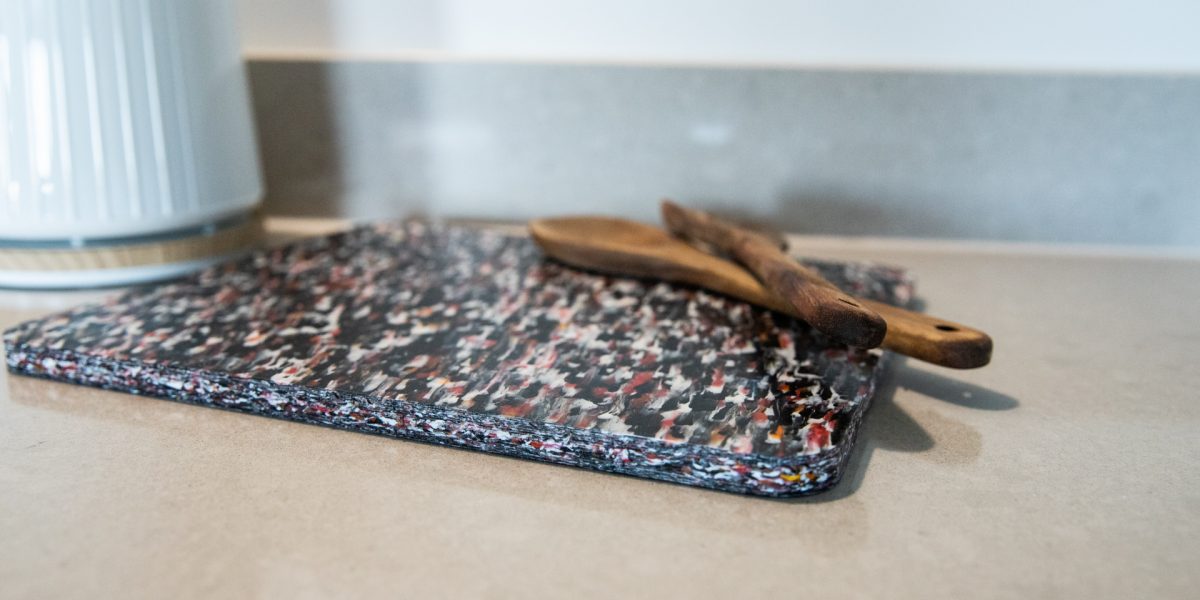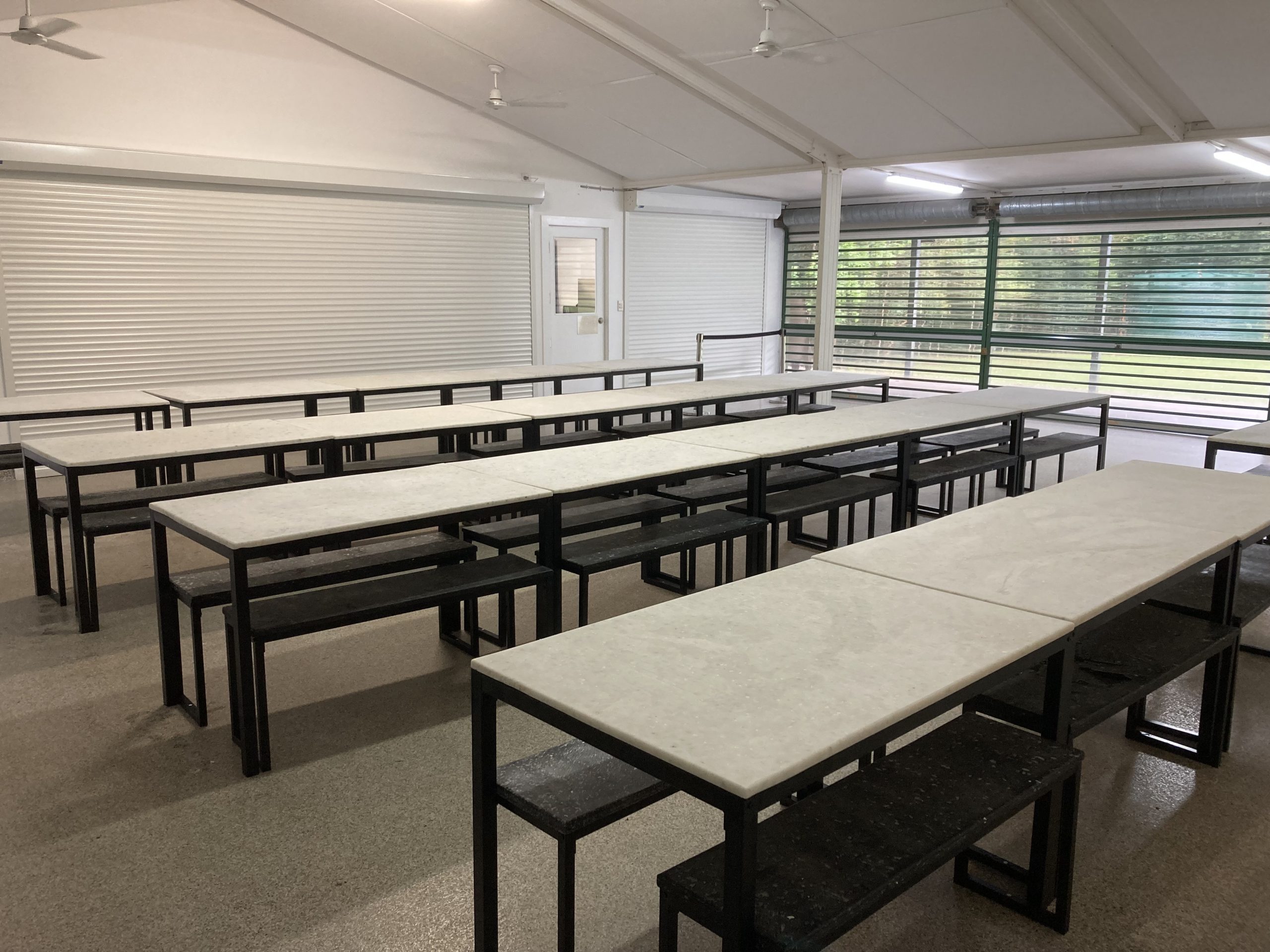- Waste
Best Selling Innovation: Recycled Plastic Kitchen Benchtops

In the ever-evolving landscape of kitchen design, the quest for sustainability has become paramount. As awareness of environmental issues grows, homeowners and designers alike seek materials that minimize ecological impact without compromising on quality and aesthetics. One such innovation gaining traction is the use of plastic for kitchen benchtops, offering a versatile and eco-conscious alternative to traditional materials like silica.
Plastic benchtops, often crafted from recycled or renewable sources, present a compelling solution for environmentally conscious consumers. Here, we delve into the myriad benefits of plastic as a sustainable choice for kitchen surfaces, highlighting its versatility, durability, and environmental advantages.

Versatility and Design Flexibility
Plastic benchtops offer unparalleled design flexibility, allowing homeowners to unleash their creativity and tailor their kitchen spaces to reflect their unique style. Available in a spectrum of colors, textures, and finishes, plastic surfaces can effortlessly complement any aesthetic, from sleek and contemporary to rustic and eclectic. Furthermore, plastic can be molded into various shapes and sizes, enabling the creation of seamless countertops that enhance both functionality and visual appeal.
Durability and Longevity
Contrary to common misconceptions, plastic benchtops boast exceptional durability and resilience, capable of withstanding the rigors of daily use with minimal maintenance. Engineered to resist scratches, stains, and heat damage, high-quality plastic surfaces retain their pristine appearance for years to come, offering enduring beauty and functionality for busy kitchen environments. Moreover, advancements in manufacturing techniques have enhanced the structural integrity of plastic materials, ensuring longevity and reliability in demanding settings.
Environmental Sustainability
Perhaps the most compelling aspect of plastic benchtops lies in their environmental sustainability. Unlike traditional materials such as silica, which often require extensive mining and energy-intensive production processes, plastic surfaces can be manufactured using recycled or renewable sources, mitigating the need for virgin resources and reducing carbon emissions. By repurposing plastic waste and diverting it from landfills, manufacturers contribute to the circular economy, closing the loop on resource consumption and promoting responsible stewardship of natural resources.
Furthermore, plastic benchtops offer inherent energy efficiency benefits, requiring less energy to produce, transport, and install compared to heavier materials like granite or quartz. As homeowners seek to minimise their carbon footprint and embrace sustainable living practices, the eco-friendly attributes of plastic benchtops emerge as a compelling choice for environmentally conscious consumers.

Conclusion
In conclusion, the adoption of plastic as a material for kitchen benchtops represents a paradigm shift in sustainable design, marrying innovation with environmental responsibility to create spaces that are as functional as they are eco-friendly. With its versatility, durability, and inherent sustainability, plastic stands as a compelling alternative to traditional materials, offering homeowners and designers alike the opportunity to embrace conscious living without compromising on style or performance.
As we continue to navigate the evolving landscape of kitchen design, let us embrace the transformative potential of plastic benchtops, paving the way for a greener, more sustainable future, one countertop at a time.
Best news yet is that when you are finished with your kitchen and looking to remodel we will take back your old benchtops to recycle.
Contact Us for more information!
More articles
JOIN OUR NEWSLETTER
Stay up to date with the new releases, products and exclusive offers.



